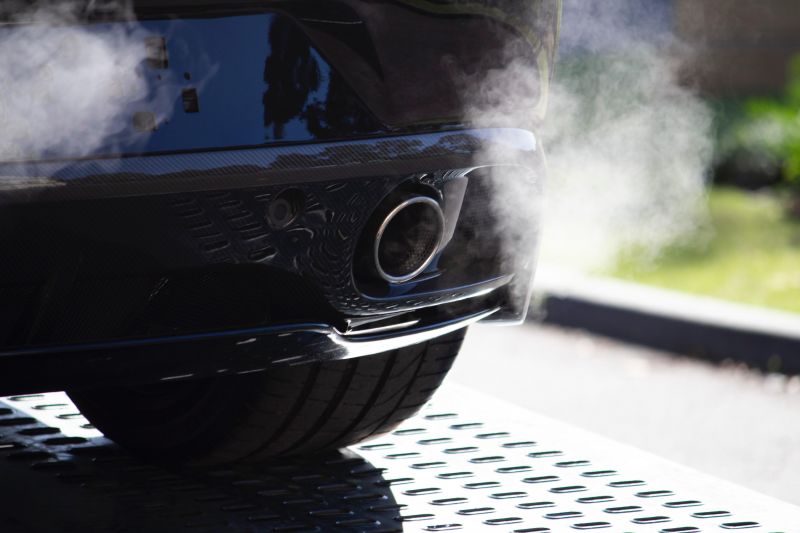The European Parliament has agreed on watered-down emissions regulation changes after blowback from European carmakers.
Various Members of European Parliament (MEPs) successfully pushed for key changes to the upcoming Euro 7 emissions regulations, with 52 votes in favour of the revised regulations and 32 against.
These are set to be adopted during the November 1, 2023 plenary sitting and will be negotiated with European Union (EU) governments.
The current Euro 6 regulations are now set to be repealed on July 1, 2030 for cars and vans and on July 1, 2031 for buses and trucks, instead of in 2025 and 2027, respectively, as had been proposed by the European Commission.
The original Euro 7 regulations proposed at the end of 2022 called for stricter testing protocols, as well as the harmonisation of emissions limits for both petrol and diesel passenger cars.
“We have successfully struck a balance between environmental goals and the vital interests of manufacturers,” said Alexandr Vondra, member of the European Conservatives and Reformists Group.
“It would be counterproductive to implement environmental policies that harm both Europe’s industry and its citizens.
“Through our compromise, we serve the interests of all parties involved and steer clear of extreme positions.”
In the end, at the urging of eight carmaking nations – including France, Italy and Czechia – the European Council agreed to keep the current Euro 6 emissions rules for both petrol and diesel passenger cars and vans.
Along with regulations governing emissions for passenger vehicles, electric vehicles (EVs) have also been thrust under the spotlight.
MEPs have proposed even stricter rules for battery durability for vans and cars than the rules proposed by the Commission.
These battery durability requirements are in conjunction with a proposed alignment of calculation methodologies and emission limits for tyres and brakes.
MEPs seek to align the European Union’s standards with those being developed by the United Nations Economic Commission for Europe for measuring tyre abrasion and brake particle emissions.
These standards would apply to both internal combustion-powered vehicles and EVs.
MEPs have proposed the introduction of additional pollution categories for light commercial vehicles. The adopted text proposes stricter limits for exhaust emissions for heavy-duty vehicles, including levels set for real-world driving scenarios.
Other proposed initiatives for reducing pollution include an environmental vehicle passport, stricter durability requirements for vehicle systems, the installation of onboard emissions monitoring systems and specific rules for small volume manufacturers.
The environmental vehicle passport would communicate information about fuel consumption, emissions limits, battery health and periodic technical inspection results.
Stricter requirements for vehicle systems are aimed at reducing the gradual deterioration of systems such as pollution control systems and the engine.
The measures also call for vehicles to have an onboard emission monitoring system installed that records exhaust emissions, energy/fuel consumption and battery health.







